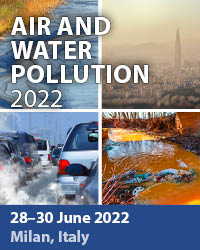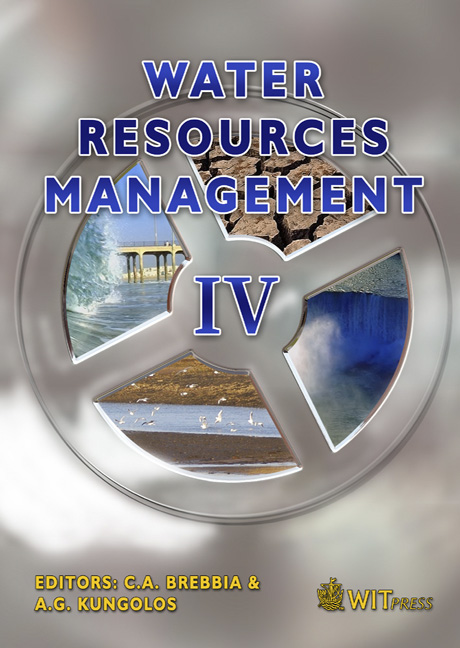Impact Of Climate Change On The Water Resources Of The Auckland Region Of New Zealand - A Case Study
Price
Free (open access)
Transaction
Volume
103
Pages
10
Published
2007
Size
349 kb
Paper DOI
10.2495/WRM070031
Copyright
WIT Press
Author(s)
B. Mahmood
Abstract
In this century, global warming is one of the biggest environmental problems which is always puzzling human being. The focus of this study was to determine the potential impact of climate change on water resources in the Auckland Region. The results showed that the total amount of CO2 in the air is increased by 16.6% since 1970. It is estimated to increase to 400 ppm by 2020 in the Auckland Region. The amount of CH4 and N2O were 1739 and 322 ppb (parts per billion), respectively, in 2006. The mean temperature has increased by 1.5°C over the last century. It is estimated that the future temperature of the Auckland Region will increase by 0.15°C by 2020. The results also showed that the average annual rainfall in the Region varied between 1241 and 1276 mm since 1925. Overall trend in sea level rise is 1.4 mm per year and it is estimated that it would increase to 1928 mm by 2020. From water resources perspective, the study showed no cause for alarm. Possible impacts that may especially affect water planning and project evaluation include changes in precipitation and runoff patterns, sea level rise, and land use and population shifts that may follow from these effects. Keywords: global warming, climate change, water resources, Auckland. 1 Introduction Global warming is caused by greenhouse gases which warm the atmosphere by absorbing some of the thermal radiation emitted from the Earth’s surface. Incoming solar radiation is transmitted through the atmosphere to the Earth’s surface. The energy is retransmitted by the Earth’s surface as thermal radiation.
Keywords
global warming, climate change, water resources, Auckland.





